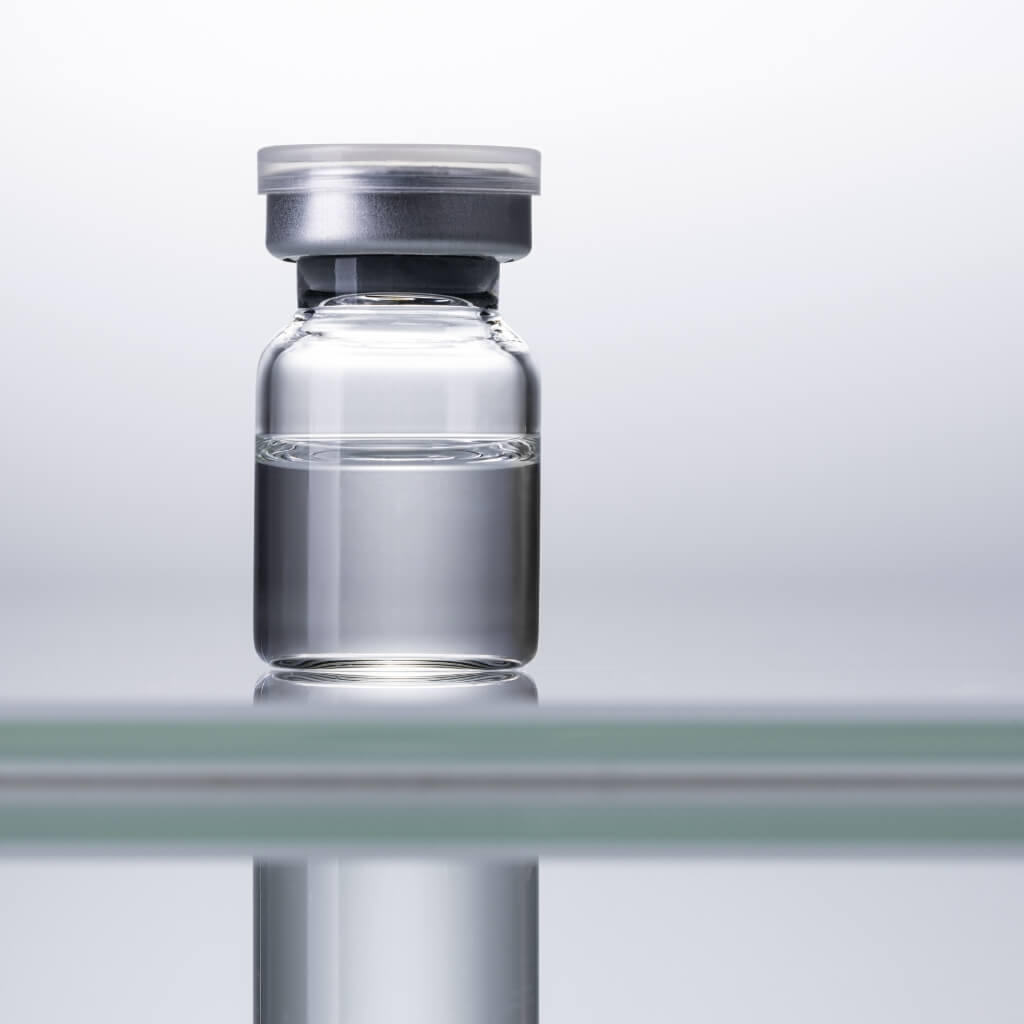Chimeric Antigen Receptor T Cell Therapy (CAR-T): Genetically programmed immune cell binds to and destroys cancer cell / Therapy is now available for the majority of indications
23. September 2022 • Cell / Gene technology
23. September 2022 • Cell / Gene technology
German Cancer Aid funds joint Oncological Center of Excellence of Leipzig and Jena university hospitals
Since 2019, the two university hospitals in Leipzig and Jena have been setting up the Comprehensive Cancer Center Central Germany. At the end of 2020, the CCCG was officially founded when the two university hospitals signed a cooperation agreement. By recently confirming the inclusion of the CCCG in the funding program of DKH German Cancer Aid for the initiation and development of oncological centers of excellence, this joint work has been acclaimed by an international panel of experts.
“Funding as an Oncological Center of Excellence is a wonderful signal for the patients in our region, where cancer treatment hasn’t been ideal,” emphasized Professor Florian Lordick, Director of the University Cancer Center at Leipzig University Hospital and Chair of the CCCG. “This means that even more people suffering from cancer can benefit from the rapid transfer of the latest findings and modern techniques in cancer diagnostics and therapy than before.” He also pointed out that Leipzig had already been receiving funding from DKH to develop an Oncological Center of Excellence since 2018.
Professor Andreas Hochhaus, a member of the board of the CCCG and the Director of the Clinic for Internal Medicine II (Hematology and Internal Oncology) at Jena University Hospital, had this to say: “We’re delighted that our application was successful and that we’ve been accepted into the funding program of German Cancer Aid. This paves the way for healthcare structures in Thuringia and Saxony that will empower cancer patients from rural areas to receive the same treatment close to home as that available at a university hospital.”
The core task of an oncology center of excellence is to develop multidisciplinary patient care. In concrete terms, this also means honing treatment structures and processes, and collaborating closely with hospitals in the region, physicians in private practice, and rehabilitation facilities.
All in all, 76 partners in central Germany are already part of the CCCG consortium. One example of the new level of quality of the CCCG is the joint molecular tumor board, where all healthcare providers in the region can present their patients and jointly seek individual solutions.
In 2021 alone, a total of 9,500 patients were treated at the CCCG.
Another focus of the CCCG is to advance cancer medicine by means of innovative oncological research, especially in the fields of digitally assisted precision surgery as well as immune and cell therapy.
Including the Central German Cancer Center, 15 centers of excellence are now being funded throughout Germany, each for an initial period of four years.
In addition to these top centers, the German Cancer Society certifies oncology centers on the second tier and organ cancer centers as the third tier. These structures ensure that tumor patients in Germany are treated and cared for throughout the country in accordance with uniform, high-quality standards.

cell-immune-gene-therapies
Small glas bottle which is normally used to store vaccine
Chimeric Antigen Receptor T Cell Therapy (CAR-T): Genetically programmed immune cell binds to and destroys cancer cell / Therapy is now available for the majority of indications

digital-health
Human who looks onto a recording of brainwaves on his tablet computer and moves the model with his fingers
The Smart Infrastructure Hub Leipzig will receive a further 1,9 million euros from the cluster funding of the Saxon Ministry of Economic Affairs.

cell-immune-gene-therapies
Small glas bottle which is normally used to store vaccine
A relatively small metropolis in Germany’s Free State of Saxony – a dynamic hub for the life science industry? What was just a vision 20 years ago has become a reality for the city of Leipzig, which from October 24-26 co-hosted BIO-Europe, Europe’s largest annual biotech partnering event.

services
Woman who looks at something through a microscope while another woman ist watching her
The European Commission has approved the Saxon ERDF/JTF program for the funding period 2021 to 2027.